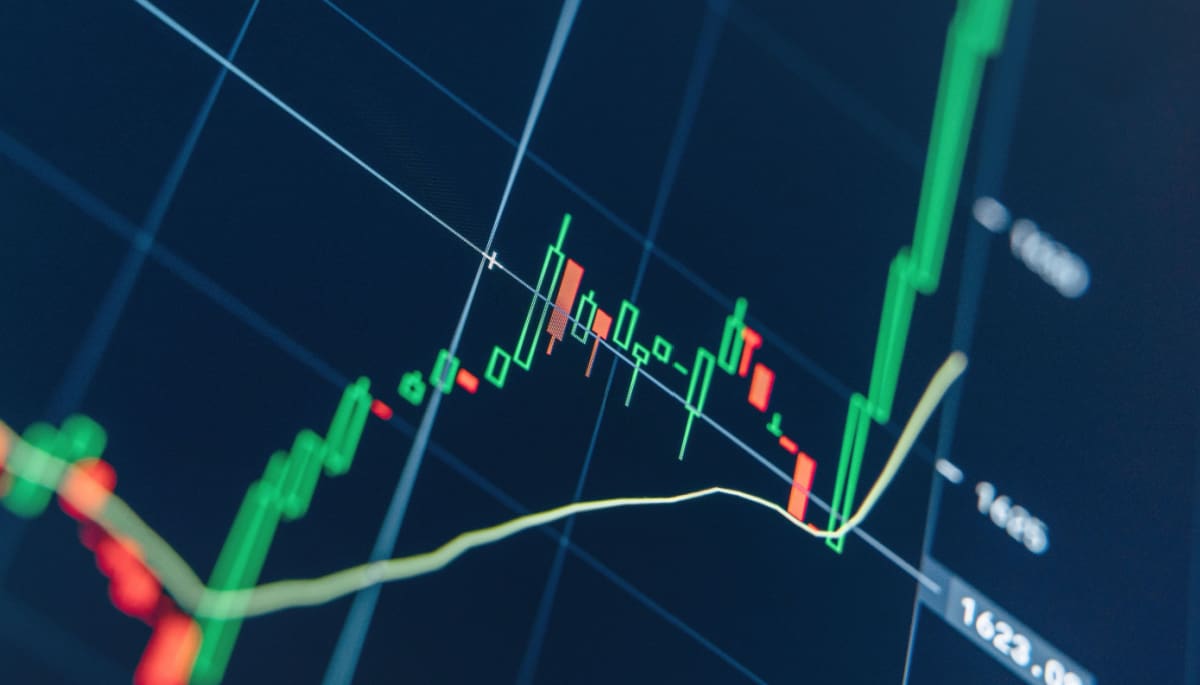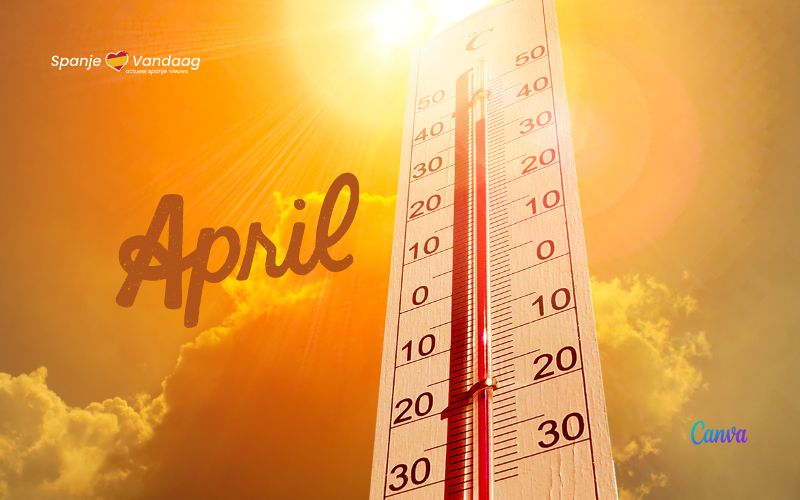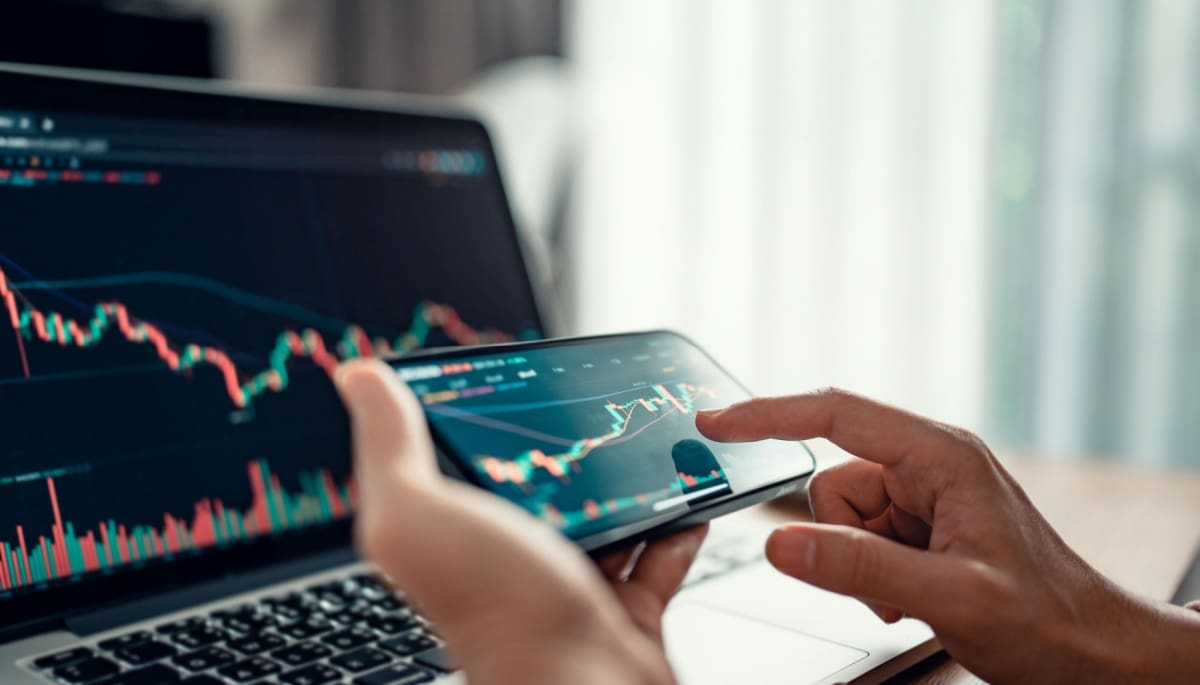A cautious but significant conclusion from the US Department of Energy: the coronavirus did not come from an animal market, but was accidentally created in a laboratory. Scientists have doubts.
What was the result of the Americans?
The US Department of Energy said in a statement yesterday that the coronavirus may have been caused by human error in the laboratory. This is a remarkable theory, because many scientists argue that the corona virus is transmitted from animals to humans: specifically, from bats to visitors to the Huanan animal market in Wuhan.
Yet the ministry didn’t immediately come up with piles of evidence: it’s on the shelf, but it’s top secret, the ministry said. The White House and some members of Congress have evidence at their disposal.
The Department of Energy is not the first to make this controversial decision: The FBI has previously said with “moderate confidence” that the virus originated in the Wuhan Institute of Virology laboratory.
Why is the leak suspected?
The Americans believe that China has not provided enough insight into the origins of the virus. When Chinese scientists arrived at the Huanan market for research, the police had already closed the market. Live animals were quickly removed.
Americans say they have no information. This makes the lab theory not only a scientific issue, but also a political issue mainly fueled by the Republican Party. In October, members published an analysis of the outbreak’s origins, blaming the Wuhan Institute of Virology. That lab would have “systematic problems with their biosecurity,” but no concrete evidence of this has been forthcoming.
The lab recommendation has now taken on a life of its own. A February 26 poll showed 67 percent of Republicans believe in the lab theory, compared to 32 percent of Democrats. This theory has been picked up by conspiracy theorists who believe that there is secret motive behind the leak.
What was the reaction of the scientists?
In short, it is dubious. US representatives labeled the information “Low confidenceSo it’s not enough to make large-scale decisions. National Security Adviser Jake Sullivan told CNN on Sunday, “There’s a range of opinions in the intelligence community. Some made decisions on one side, some on the other.”
Virologist Marion Koopmans is also skeptical. The scientist investigated the origin of the virus in Wuhan in early 2021, and visited the controversial Wuhan laboratory. “Our conclusion: transmission of the virus from animals to humans was most likely,” he says.
A US warning won’t change that for now. “The problem with this news is the secrecy of the US department,” says Koopmans. “We have always said: if new evidence emerges, we should review whether our assessment changes. But despite calls to do so, nothing has been shared with the World Health Organization. Obviously the evidence is not strong, at least that is my conclusion.”
How is China responding?
Beijing is furious. Chinese spokesman Mao Ning on Monday called on the United States to stop “making fun of China” and stop “politicizing the origin of the corona.” China has long opposed the lab theory, calling it a theory with no scientific basis for years.
Relations between the US and China have cooled significantly since President Joe Biden imposed tough export restrictions on high-tech chip technology to China, which also applies to Eindhoven company ASML. That relationship became even more icy earlier this month when Secretary of State Anthony Blinken accused China of spying on U.S. airspace via a balloon.
How transparent is China?
Of course, China won’t share everything, Koopmans says. “But the American criticism that China is not sharing enough is an old story,” notes the virologist. “That was already said when our report came out, even though it contained a lot of new data. Those accusations from the U.S. haven’t become more concrete after two years, he believes. “Also, the U.S. doesn’t share its data either, so there are transparency issues on both sides.”
So Koopmans says the US department’s accusation will not lead to new discussions in its laboratory or scientific network. “Besides that: if they show something new, maybe we can move forward.”
read more:
Top virologist from Wuhan fed up with all the accusations: ‘Nothing went wrong’
Did the coronavirus escape from a Chinese lab? Virologist Shi Zhengli firmly rejects that story.

“Passionate analyst. Thinker. Devoted twitter evangelist. Wannabe music specialist.”







More Stories
The world is watching the Speaker of the US House
Kostoulas started the game against USA in the BJK Cup
US exports huge number of weapons, but 'Europe can do without US planes'